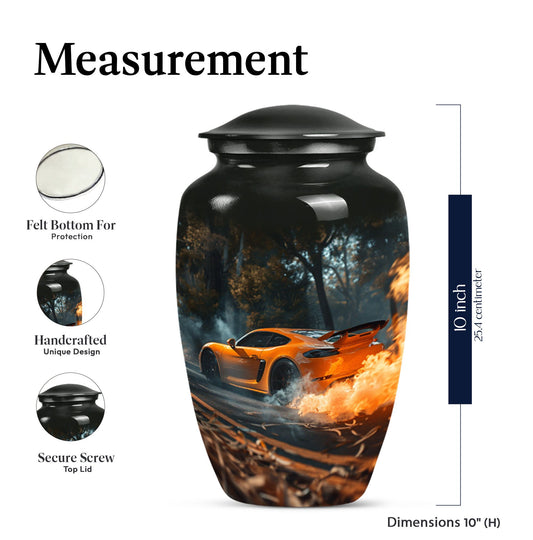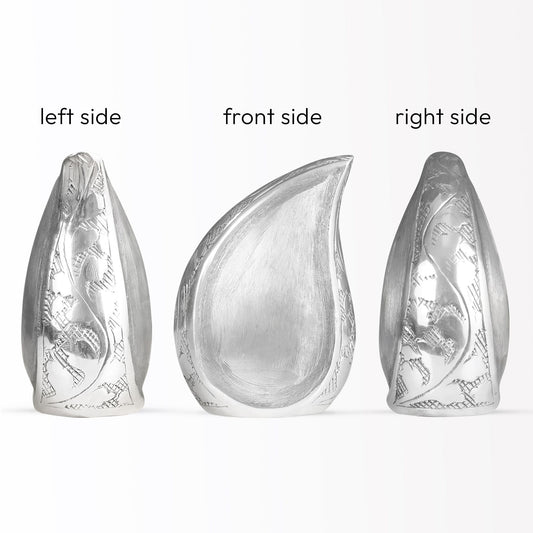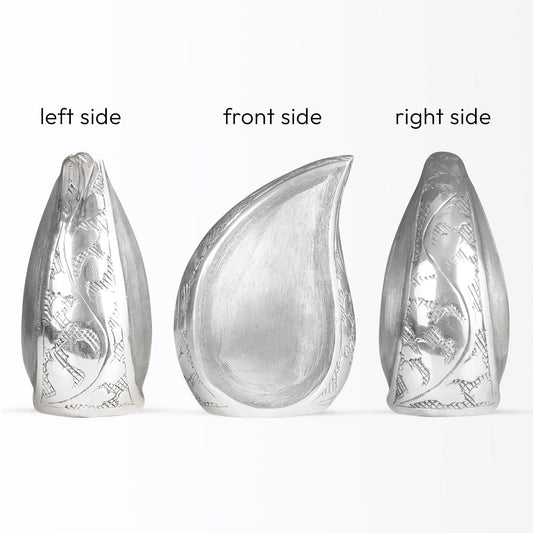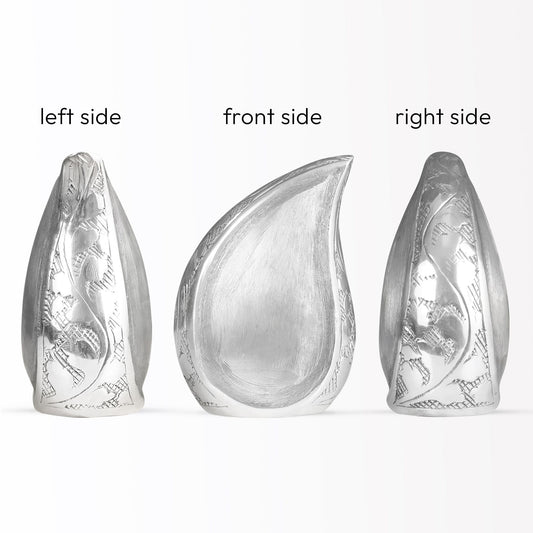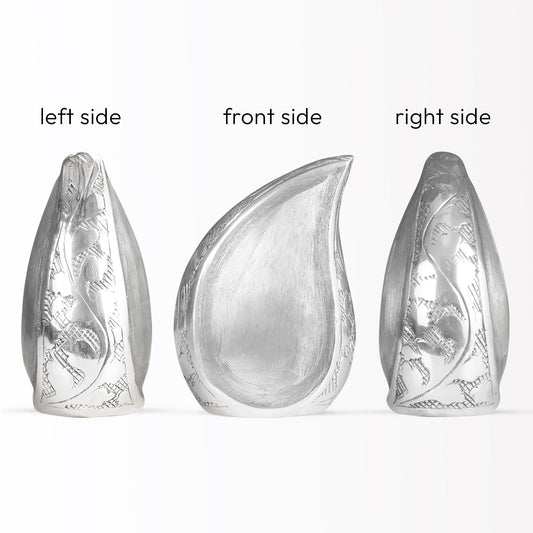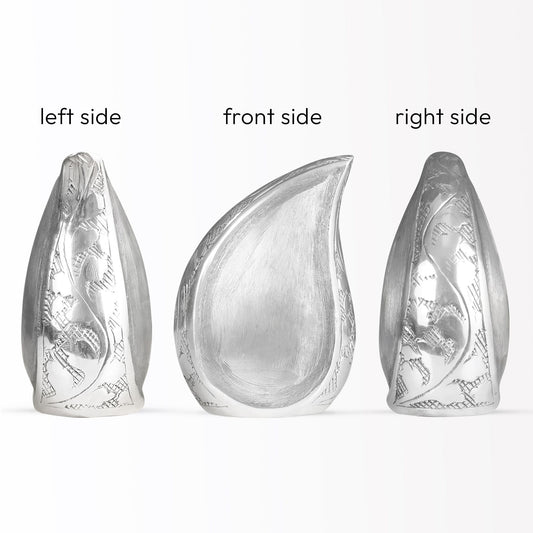Popular Urns
Detailed Michigan Cremation Laws

Details on Michigan cremation law includes several requirements that are developed to safeguard the handling of the remains with respect and ensure there is the guarantee of the family's rights at this cremation stage. That is developed to guide or remind its citizens of their obligation as well as their selection after losing a family member.
Authorization and Consent:
No one within Michigan is allowed to attempt cremation without written and acceptable authorizations issued by next-of-kins or, if someone knows their legal representative as the one left behind, the deceased. This consent usually takes place at the mortuary where all those parties interested would have to assent to the cremation to be carried out.

The "Declaration of Intent" form, as per the statute of Michigan, formally permits the cremation to be carried out. If there are several family members whose rights are equal like brothers and sisters, all should assent to the cremation so that it may take place with everyone agreeing with it.
Waiting Period Requirement:
In Michigan, there is a 48-hour waiting period after death prior to cremation. Such time is allowed for the family to make decisions and, if need be, allows for the completion of autopsies or investigations. If the death is under investigation, then the cremation cannot occur until written authorization is provided by the medical examiner or coroner.
Handling and Transportation of Remains:
In Michigan, the remains must be handled and moved by licensed funeral directors or staff of a funeral home. In transporting the remains, they must be in a leakproof, non-porous container. Embalming is only necessary if the body is to be placed on public view or transported for a long distance. Thus, the remains will be treated with dignity and hygiene.

In Michigan, the crematories must have a strict identification procedure during the entire cremation process. The body must be identified by a physical tag or any other means to avoid confusion. This identification accompanies the remains throughout the cremation process and until the ashes are returned to the family. Personal items or valuables should also be removed and returned to the family unless otherwise instructed.
Final Disposition of Ashes:
After cremation, there are several options available to families in Michigan regarding their ashes. Ashes may be kept in urns, interred in cemeteries, or scattered on private property provided that permission has been sought from the owner of that property. The state does not prohibit the storage of ashes in homes or scatter them in certain places, though local ordinances and private property owners may have something to say about the matter.

Hence, the cremation laws of Michigan are meant to honor the wishes of the deceased while also respecting the rights of the family, showing respect to the process. Understanding these regulations allows Michigan residents to make informed decisions and handle the cremation responsibly, all the while keeping their loved one within the framework of the state laws.
ALSO READ:
A Guide to Funeral and Wake Etiquette: What to Know



















